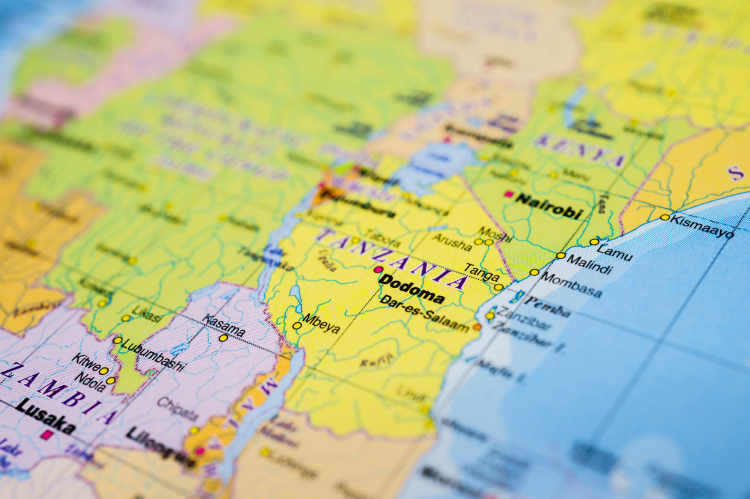Zambia and Tanzania to Speed-up the Upgrade Process of Decades-old TAZAMA Pipeline

Zambian president and his Tanzanian counterpart have agreed to fast-track the upgrade of the TAZAMA pipeline, which has served the two countries for more than five decades.
According to reports published by Anadolu Agency, a global news platform, Zambian President Hakainde Hichilema said in a statement on his official Facebook page that he met with his Tanzanian counterpart Samia Suluhu Hassan on Sunday, February 19, 2023, with the pipeline upgrade project being at the top of the items the two heads of states discussed.
The two met on the sidelines of the 36th Ordinary Session of the Assembly of the African Union in Addis Ababa, Ethiopia, with Hichilema emphasizing that their objective is to rehabilitate the pipeline and its auxiliary systems in a bid to strengthen bilateral relations between the two countries in the areas of trade facilitation and energy investment.
"Our meeting was centered on strengthening bilateral relations in the area of trade facilitation and energy investment between our two countries. At the top of the agenda was the TAZAMA project," said Hichilema.
Suluhu Hassan echoed Hichilema's sentiments in a separate post on her official Facebook page, stating that Tanzania was eager to ensure that the project was realized for the mutual benefit of both nations, the report added.
The Tanzania Zambia Mafuta (TAZAMA) pipeline spans over 1,000 kilometers and has been transporting more than a million tons of crude oil annually from the Tanzanian port of Dar-es-Salaam to the city of Ndola in Zambia since 1968.
The pipeline remains a critical asset for Zambia, a country that does not produce its own crude and relies on imports from Europe and the Middle East via the port of Dar-es-Salaam.
Zambia's current fuel needs hover above a million liters daily, and the southern African nation has not been immune to the pressures of the global oil market, as local pump prices for the commodity now fetch around $1.50 a liter.
While road transporters expressed the fear of being faced out of the supply chain and their role overtaken by the upgraded pipeline, Energy Minister Peter Kapala, has assured that their business would not be affected as their services would be required simultaneously with the pipeline.
The project would help keep petroleum costs affordable and improve access to energy, which is crucial for the region's economic development.
